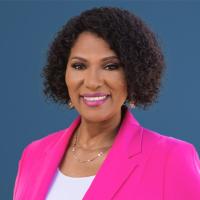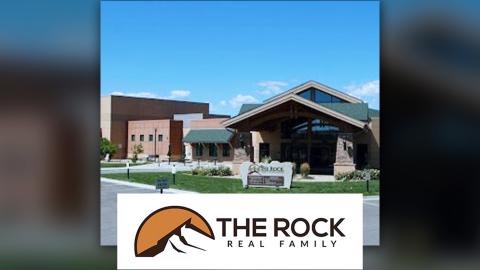'Elective Abortions Being Forced on Doctors': Pro-Life Doctors Push Back, SCOTUS to Weigh In
In the latest chapter of the abortion battle, the U.S. Supreme Court will consider whether the federal government can require emergency room physicians to perform abortions.
The question centers on what constitutes a medical emergency need for an abortion. Lack of clarity on the issue concerns both women and doctors including some in the pro-life community.
The Emergency Medical Treatment and Active Labor Act (EMTALA) requires hospital emergency rooms to provide medical care and stabilization for all patients. The White House wants that measure to include abortion access even in states where the procedure is banned. As the high court hears arguments over the issue, pro-life doctors are holding out hope for another victory.
"We're talking about elective abortions being forced on doctors to perform them by a federal fiat," said Roger Severino, Vice President at The Heritage Foundation.
In an interview with CBN News Severino said deliberate misinformation surrounds the law.
"There are some circumstances where you do have conditions where the life of the mother is at risk and doctors are still able in every pro-life state to save the life of the mother, even if it incidentally results in the loss tragically of an unborn child. That's not what we're talking about here," he explained.
***Please sign up for CBN Newsletters and download the CBN News app to ensure you keep receiving the latest news from a distinctly Christian perspective.***
Under the law, hospitals that receive Medicare funds must provide emergency medical care. The Justice Department has argued that abortions can fall under emergency medical care so health care providers should perform them.
Earlier this year, a federal appeals court ruled Texas doctors are not obligated to perform abortions under the law.
The ruling followed numerous lawsuits from women in several states including Texas, Tennessee, and Idaho who say that due to their state's restrictions, they were denied abortions despite having dangerous pregnancy complications.
Last summer, in a Texas courtroom, women testified the state's abortion ban put their lives at risk.
Eighteen weeks into her pregnancy Amanda Zurawski's water broke. After developing sepsis, she said she nearly died. "I had just been given the worst news of my life. And I was terrified," Zurawski said.
While states with abortion bans typically allow for exceptions if the mother's life is in danger, experts say it's not clear when those exceptions can be applied.
Dr. Susan Bane, a board member of the American Association of Pro-life Obstetricians and Gynecologists (AAPLOG) told CBN News such clarification is vital.
"It is the responsibility of hospital systems, the legal system to make sure that doctors and health care practitioners really understand the law because we're not attorneys," said Bane.
Severino argues that abortion activists are using the issue to spread fear among pregnant women with health challenges.
"It's politically convenient for the left that is very pro-abortion to try to scare people," he said. "There are so many instances of pro-life doctors who are out there saying, 'Look, we do this all the time,' or OB-GYNs. We know the tough cases."
"The most common ones we see are pre-term ruptured membranes but also hemorrhage, and then high blood pressure that's severe enough – something called preeclampsia or eclampsia," explained Bane. "When we intervene for medical emergencies, we can do it without an abortion. We can separate the mom and the baby, but our intention is to hopefully have two living individuals when we're done."
Bane added that today's politically charged environment also makes decisions challenging for any doctor.
"We've really seen a movement in our profession of OB-GYN to where instead of doing our jobs of taking care of both, the answer to any risk factor is going ahead and induce abortion to eliminate the risk factor. And I'm like, 'Time out'," she said.
Severino pointed out that abortion training is now required for many medical students.
"This is a sad thing," he commented. "Now, we see this in medical schools where the accrediting bodies are saying, 'You have to train in abortion to get a medical license.'"
"So, students are being forced to assist in these abortions. They're trying to move it instead of a opt-in as an opt-out to pressure medical students to do abortions when the overwhelming majority of the profession, they went into medicine to save lives, not to end lives."
As a Supreme Court ruling is expected later this year, Bane and others in the pro-life movement are cautiously optimistic.
"As an obstetrician and gynecologist, I care for two patients. I care for both a maternal and a fetal patient and the health and wellbeing of both of those patients matter. So, it's really important that our laws, that our regulations lead to policies that will protect both of those patients," she said.
Meanwhile, Severino says doctors are under intense pressure to comply with the agenda of abortion proponents.
"If their conscience is not respected, they will find another way to help people because if they think they can't get a license if they don't go along with performing an abortion, they'll drop out," said Severino.






